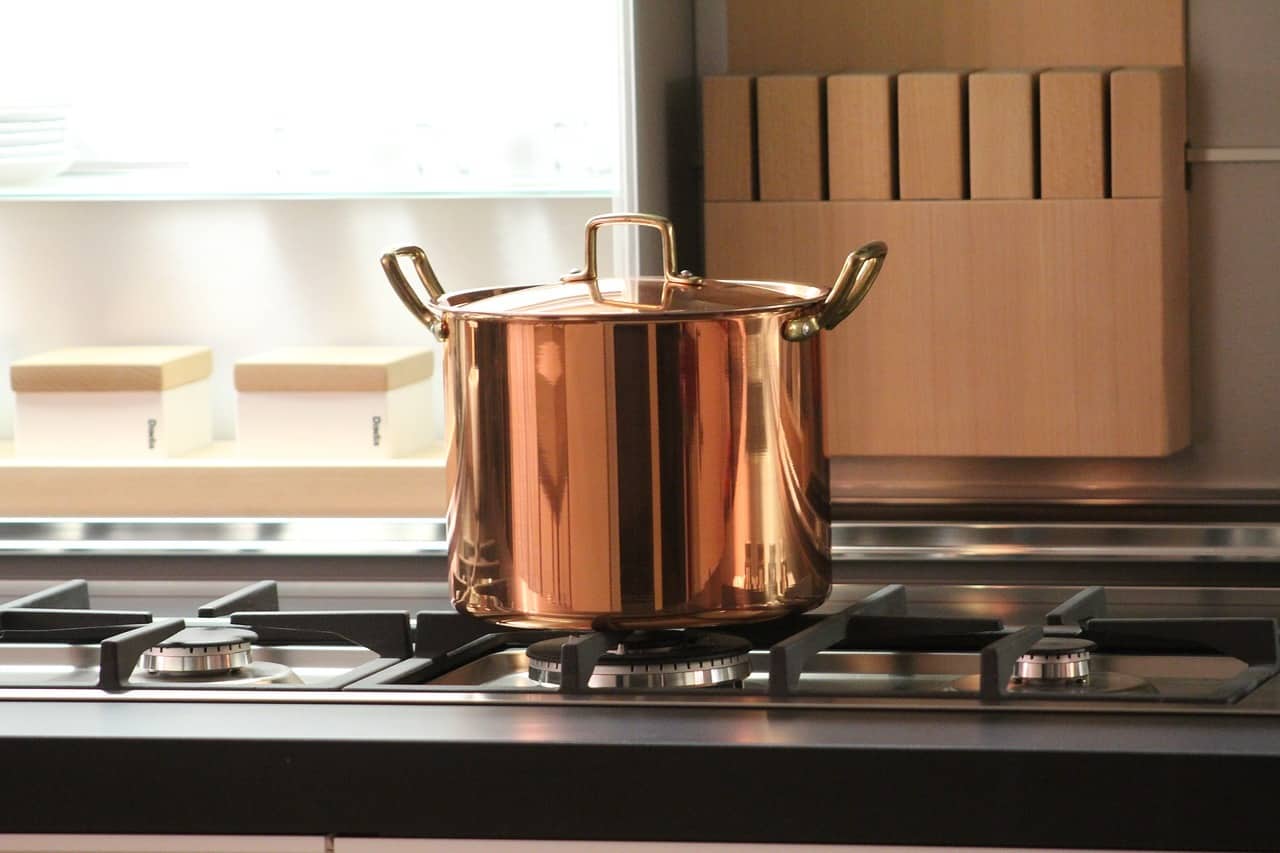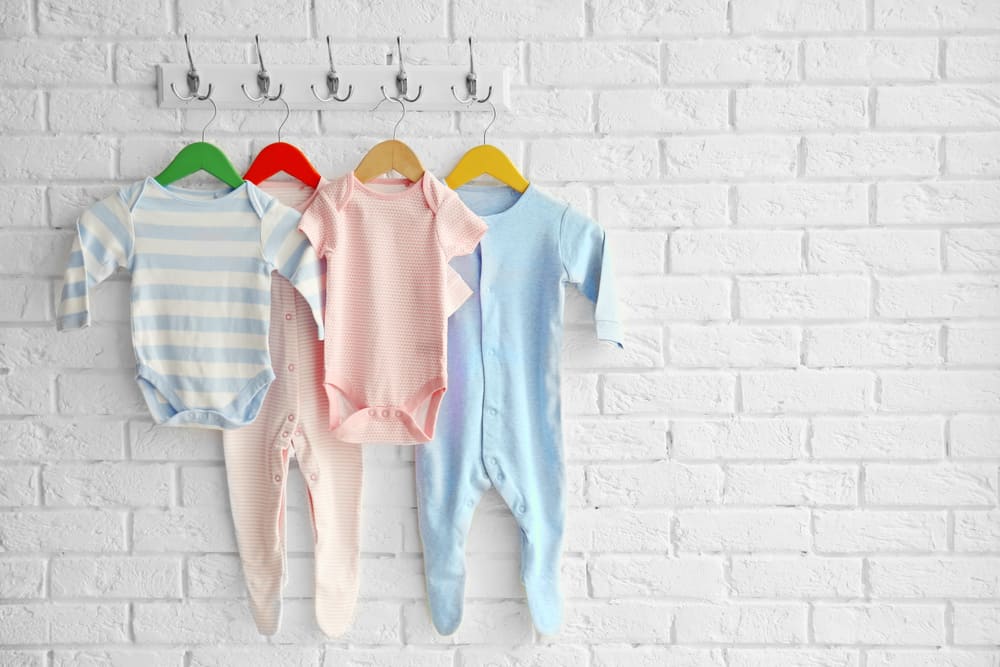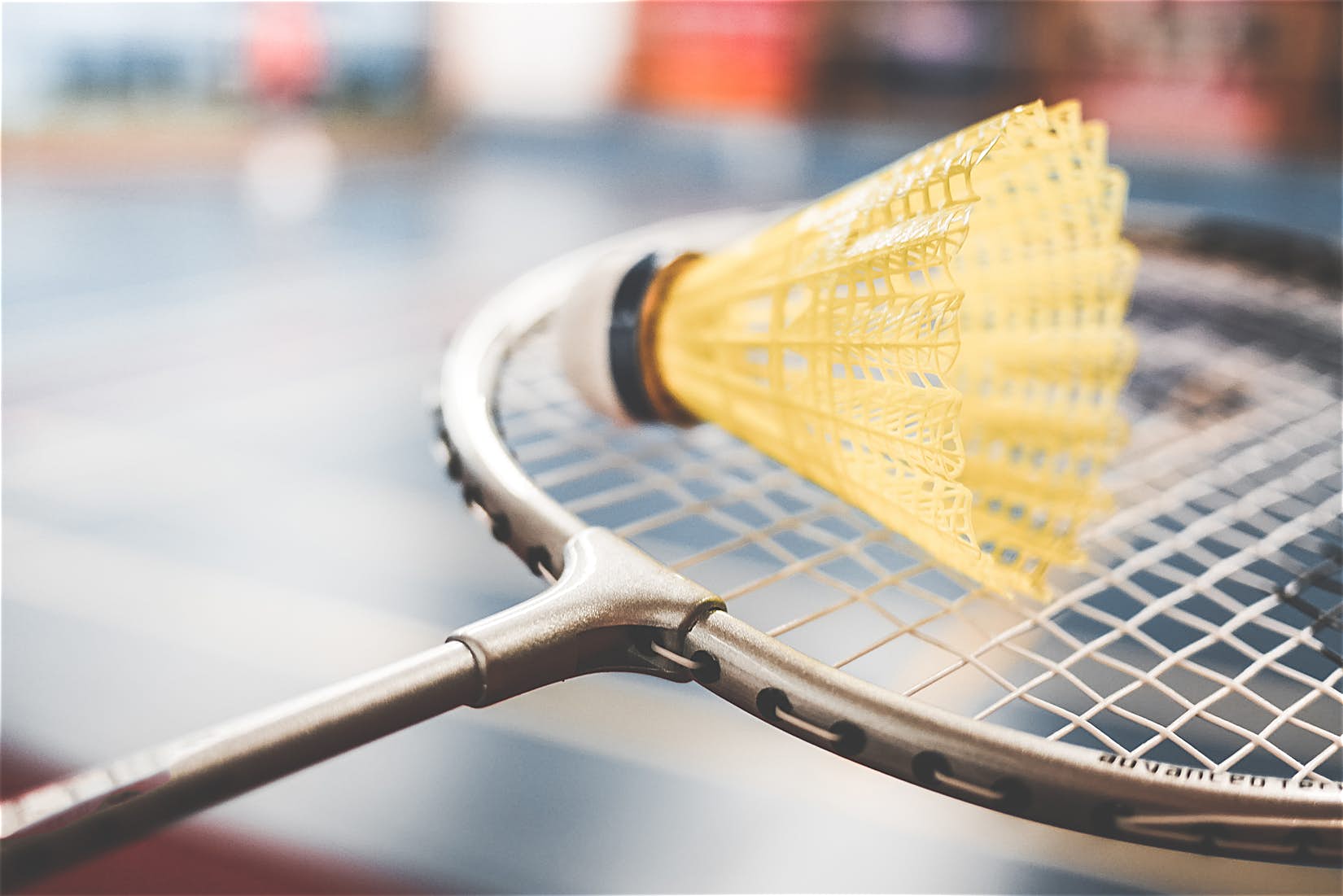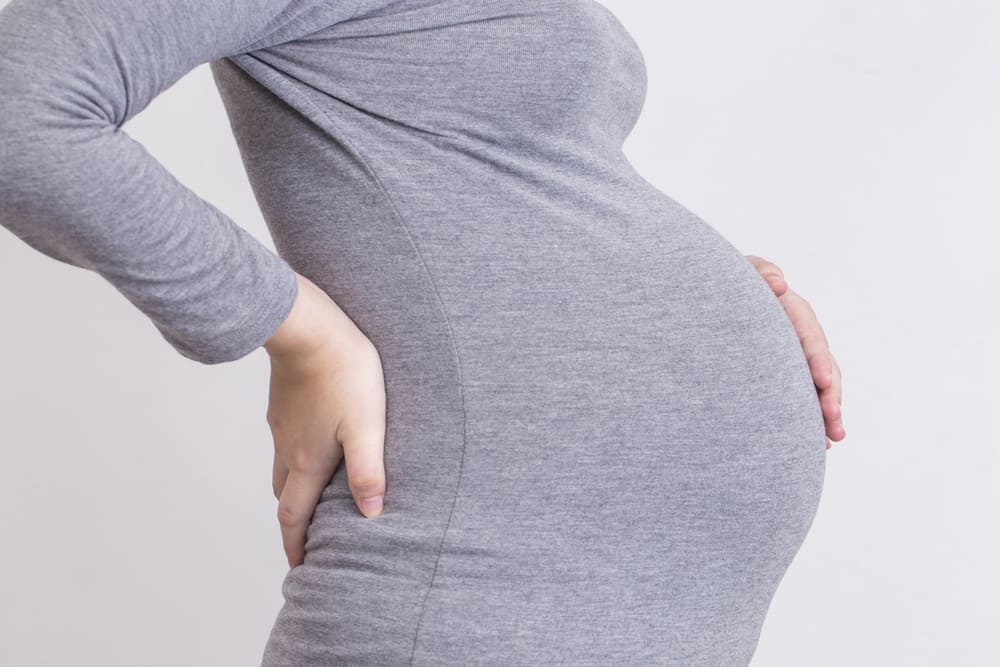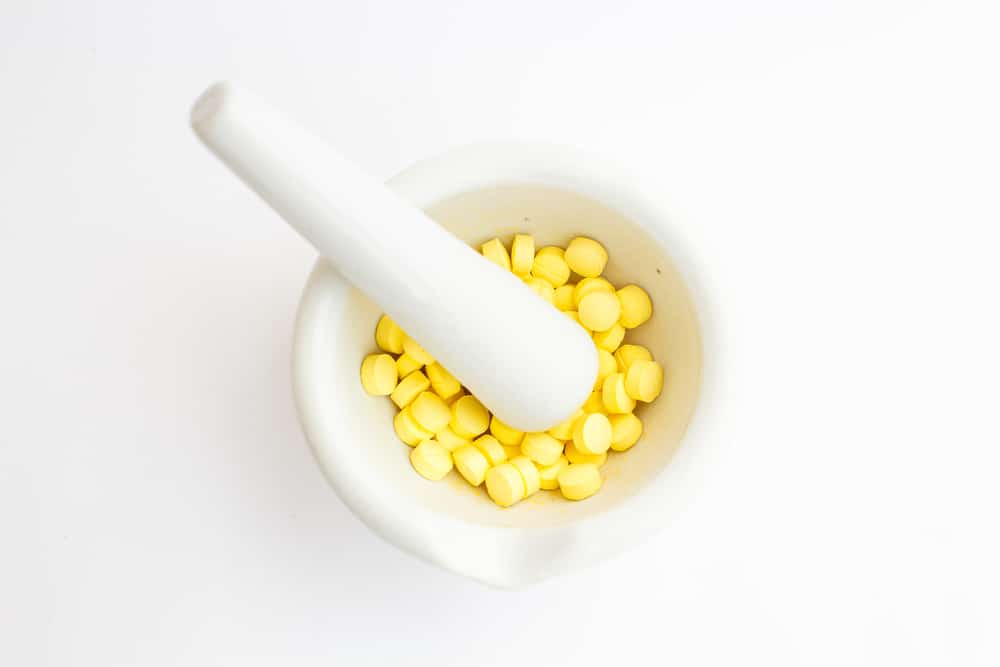Contents:
- Medical Video: Put an End to Adult Acne
- Why can heating food reduce its nutritional content?
- Also pay attention to how you heat food
- How to maintain nutrients when heating food
Medical Video: Put an End to Adult Acne
Heating food is practical. Especially if you don't have much time to cook first every time you want to eat. However, habits like this can actually reduce the level of nutrients in food. How much nutrients are lost because you like to warm food? Are there certain types of cuisine that cannot be heated at all? Check out the answer below.
Why can heating food reduce its nutritional content?
Cooking with the right techniques is very necessary to kill bacteria, prevent you from the risk of infectious diseases, and make processed foods digestible. However, it turns out the cooking process is wrong (the temperature is too high or the process is too long) and the habit of heating food repeatedly can reduce the level of nutrients contained in it.
One important nutrient that will be wasted is vitamin C. Even though, vitamin C has a very important role in the health of the body, such as helping to prevent anemia, helps protect hearing function, and other unique abilities.
Heating up many times or even cooking too long seems to reduce 50-80 percent of the vitamin C content in food. For example, when you cook spinach for 5 minutes, as much as 11 percent of the vitamin C content will disappear. Cooking up to 30 minutes means that 60 percent of the vitamin C content will be lost.
Therefore, if spinach is cooked, then you reheat for a few minutes, the more vitamin C content is lost.
Another example is carrots. When you cook for 5 minutes, the content of vitamin C in carrots will disappear as much as 16 percent. If carrots are heated or cooked for a total of 30 minutes, as much as 50 percent of vitamin C will be lost.
In addition to the vitamin content, the enzyme content in foods such as nuts will also decrease. This enzyme plays a role in maintaining the health of your digestive system. Heating food that is done repeatedly turns out it can also reduce the antioxidant content found in food. In fact, antioxidants function to ward off free radicals, prevent aging, and have a good impact on skin health.
Other nutrients such as folic acid will also decrease in foods that experience a process of cooking and repeated heating. Research conducted on potatoes that have been baked, cooled, then heated turns out to have decreased levels of folic acid from the womb 100 percent to 86 percent. Though folic acid plays a very important role in brain development (especially in pregnant women).
Also pay attention to how you heat food
Based on internal researchJournal of Food Science and Technology, cooking or heating anchovy by frying will increasingly cause loss of nutrients. In addition, the fat content in fried foods is higher when compared to foods processed with steamed or baked techniques.
So, if you fry the side dish many times to keep it warm before eating, the nutrients will decrease and the fat content will actually increase.
How to maintain nutrients when heating food
Not that you are totally banned from warming up food. You can still do it, but you should pay attention to the following tips so that not a lot of nutrients are lost from food.
- Heat food in just a short time, not too long.
- Do not add too much water when heating food. This is important to prevent the increasing number of nutrients that "come out" and move to water or broth. Unless you are going to spend all the sauce.
- Do not heat food repeatedly.

